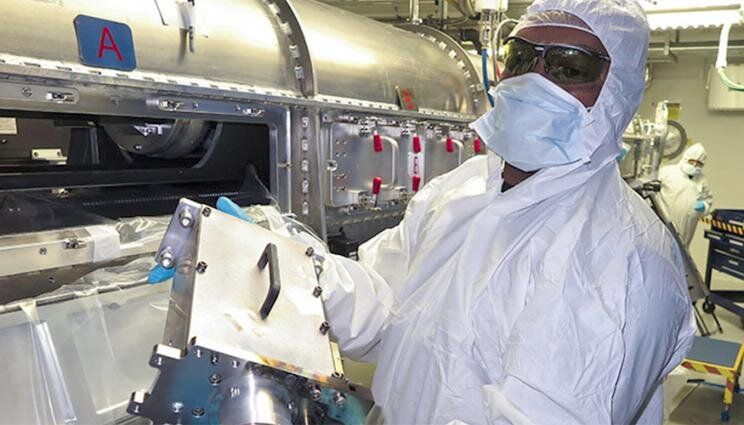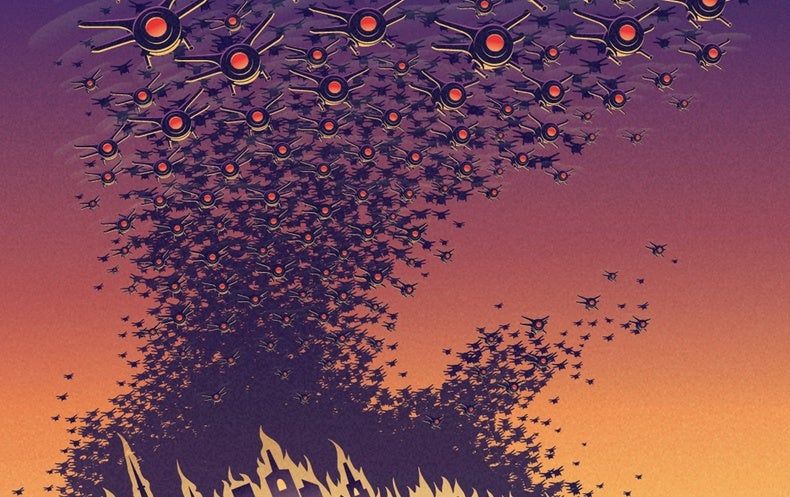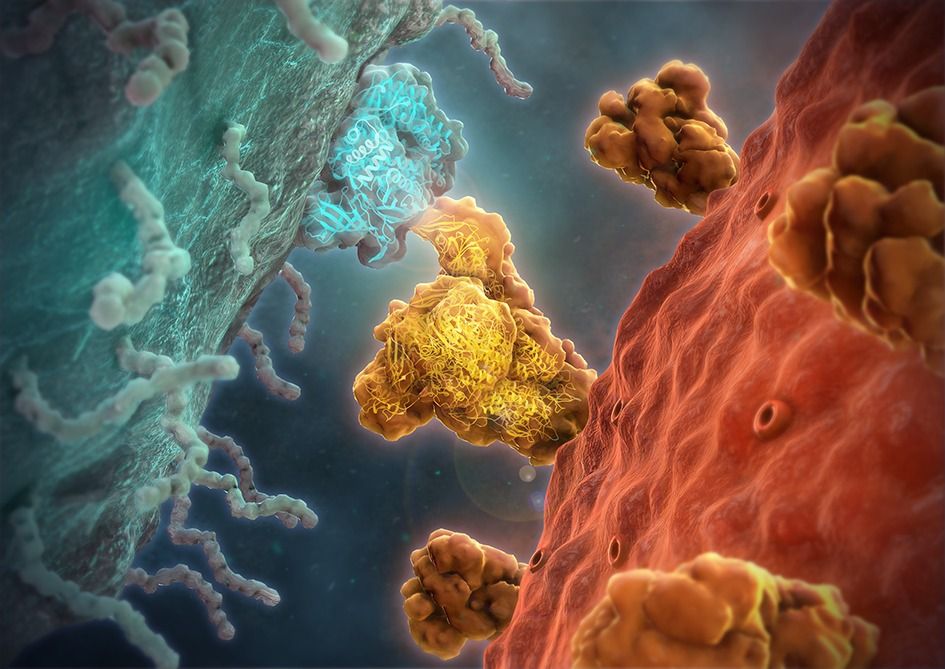At its peak, a NIF inertial confinement fusion (ICF) implosion lasts about 100 trillionths of a second. The imploded fuel is a hundred millionths of a meter in diameter and as much as eight times denser than lead. The center of the imploded capsule is a few times hotter than the core of the sun.
Developing a clear understanding of exactly what’s happening in a NIF implosion under those extreme conditions is one of the biggest challenges researchers face as they work toward achieving fusion ignition on the world’s largest and highest-energy laser system.
To help meet that challenge, Lawrence Livermore National Laboratory (LLNL) and its partner laboratories and universities have designed and built an extensive suite of more than a dozen nuclear diagnostics, with more on the way.









